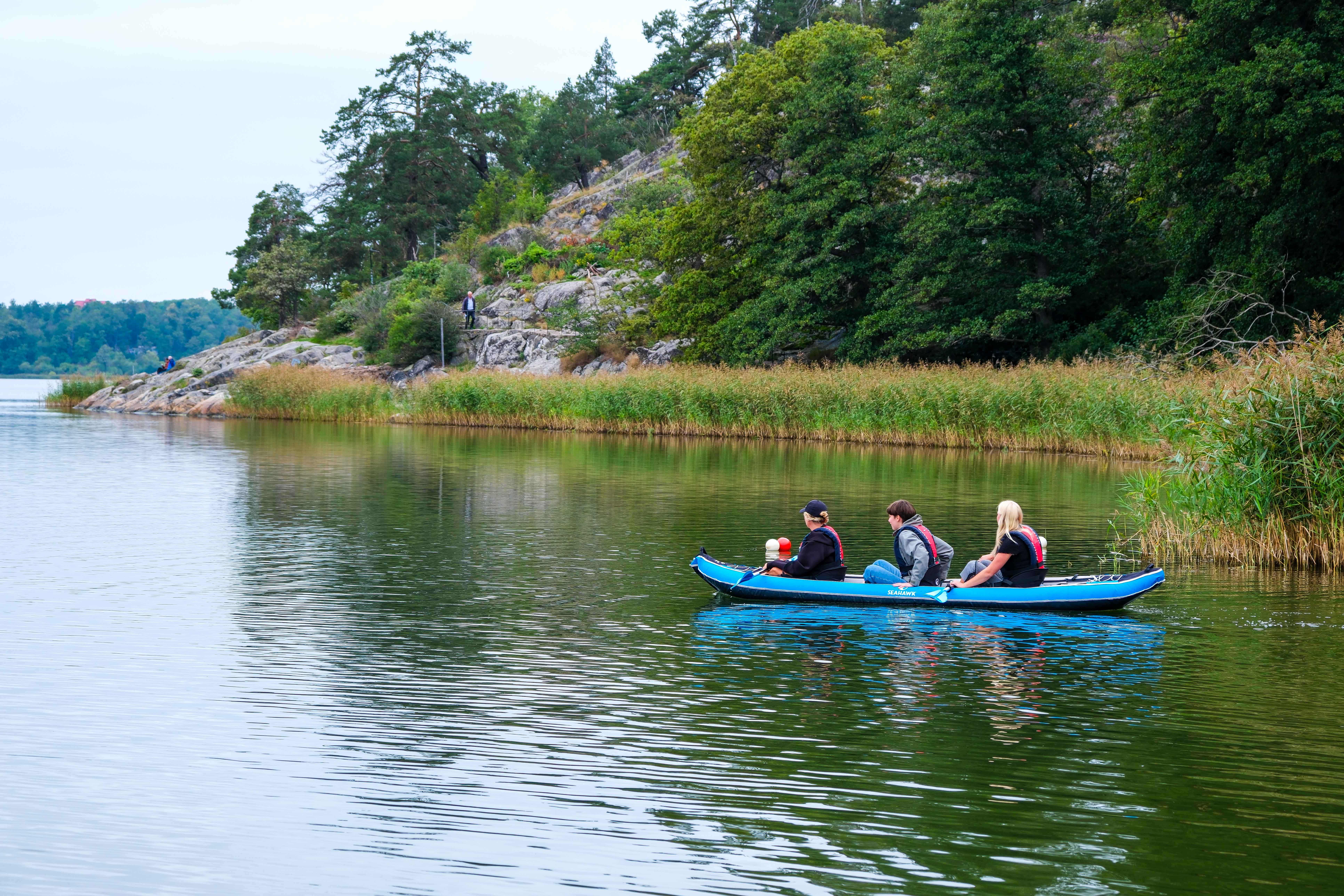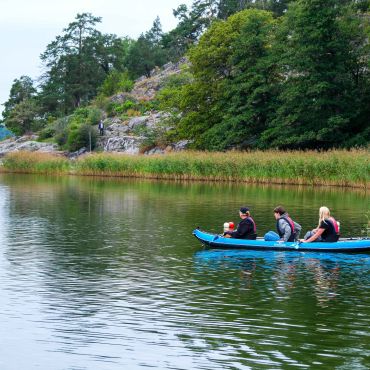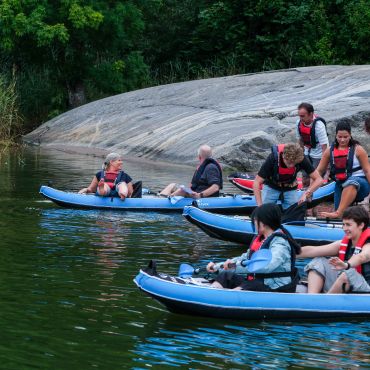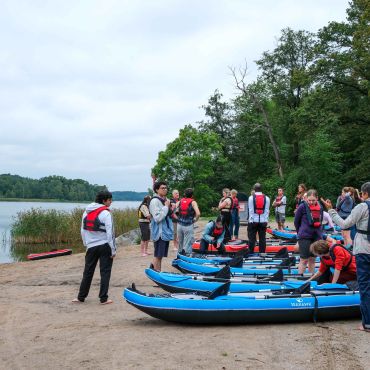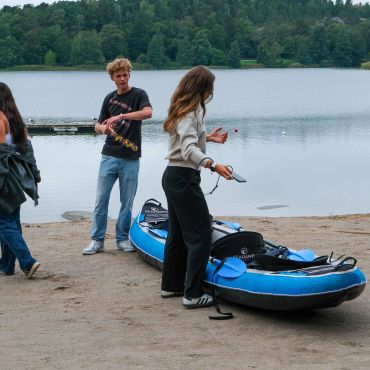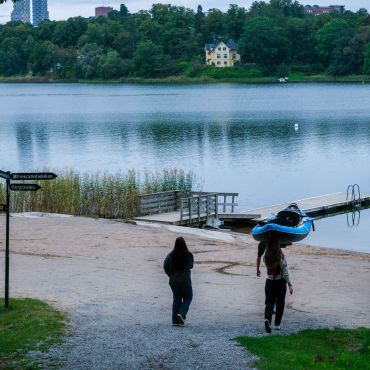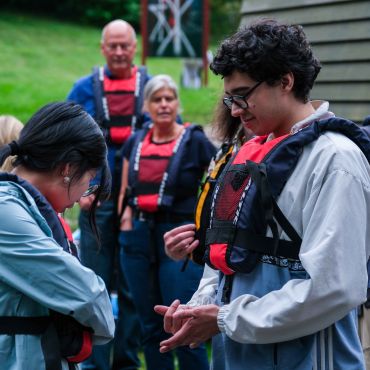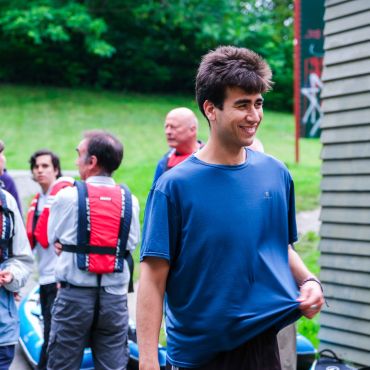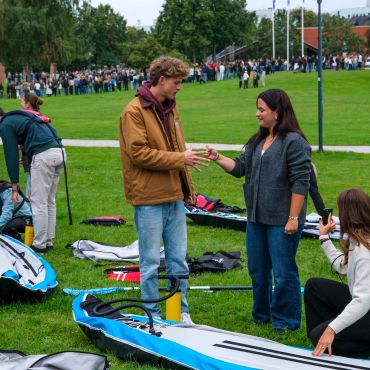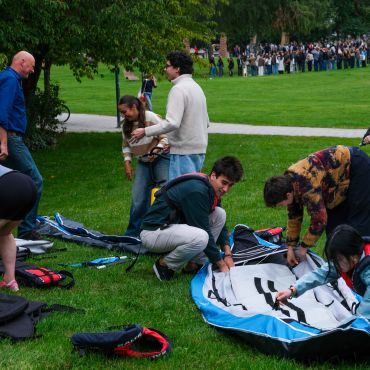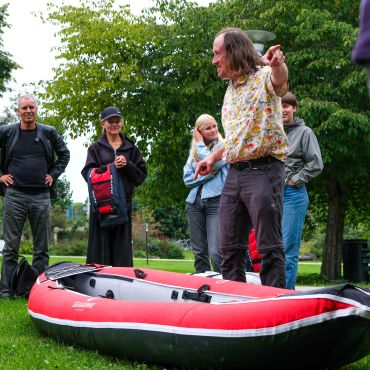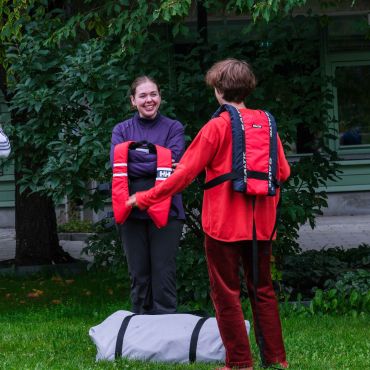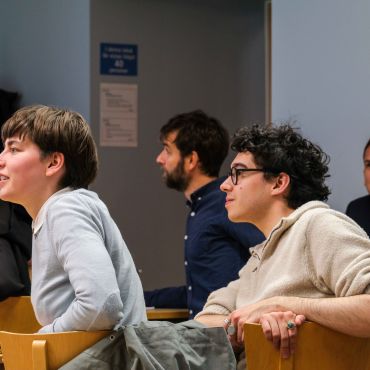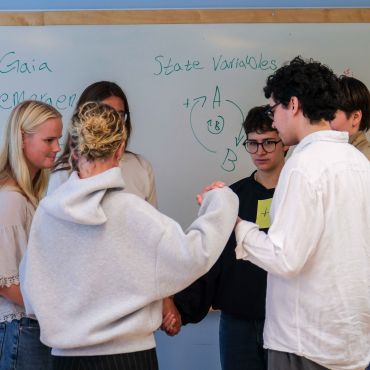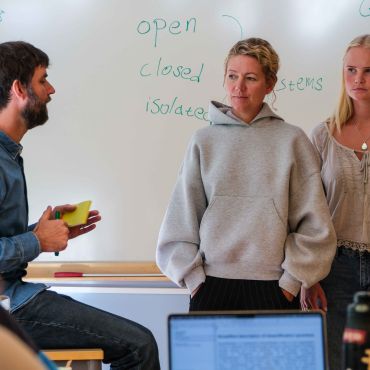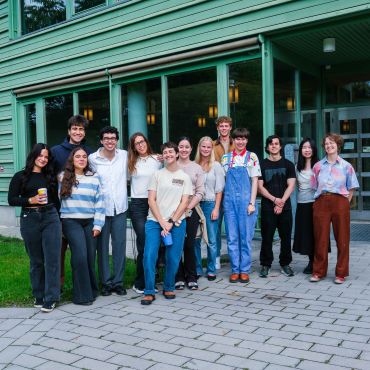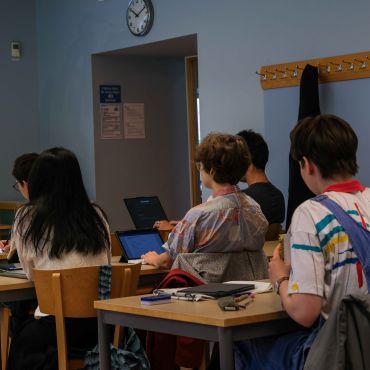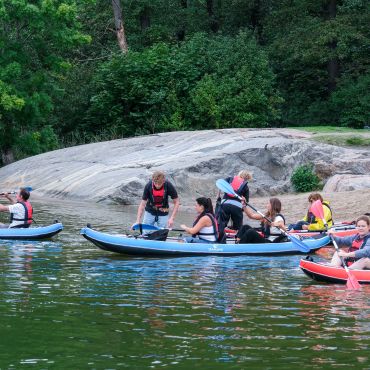TRACEE sets sail: A bold new master’s programme launches with purpose and play
TRACEE, short for Transdisciplinary Studies of Climate, Environment and Energy, is a flagship initiative from the CIVIS Alliance. Designed to equip students with the tools to tackle the climate crisis through collaboration, creativity and community, the programme officially launched this September 1st with a welcome day that embodied its ethos: hands-on, inclusive, and deeply connected to the world it seeks to change.
A programme rooted in urgency and hope
We are in this enormous challenging situation with climate change, chemical pollution and biodiversity loss,” said Professor Anna Sobek, the programme’s coordinator at Stockholm University. “Society must reform. To do so, we need not only experts in specific fields, but also those who can bridge disciplines, zoom out and understand the language of others. This is where TRACEE comes in”.
TRACEE is a two-year, full-time Master’s programme that brings together students from across Europe and beyond to study at multiple CIVIS universities. Its curriculum is built around transdisciplinary learning, community engagement, and mobility, with the first semester focusing on systems thinking—a foundational approach to understanding the interconnectedness of climate, environment and energy.
As Professor Alasdair Skelton put it, “We’re in an escalating climate crisis. Within the next five years, we need to fulfil the Sustainable Development Goals. That’s our responsibility as researchers and educators”. His dream? “That TRACEE becomes Europe’s best transdisciplinary programme focusing on climate, environment and energy”.
“I was so interested in the transdisciplinary aspect”, explained one of the 13 TRACEE students, Giulia Raffaelli. “Not just the natural or social parts. To mix everything and have a different perspective” is what attracted her to the programme.
A launch day like no other
The welcome day was a testament to TRACEE’s values. It began with a shared lunch at the Accelerator, followed by a welcome presentation and a language workshop, an early step in helping students “learn to speak each other’s academic languages”, as Professor Skelton hopes.
Then came the kayaks.
Students inflated them on the lawn, portaged them to Brunnsviken, and set off on a scenic paddle, interspersed with Swedish fika breaks and a quiz-filled GeoPub evening. It was a day of bonding, laughter, and reflection. “In the creation of TRACEE’s mobility”, said Erik Rosemberg, CIVIS Mobility Officer at Stockholm University, “I learned that almost everything is possible”.
Why transdisciplinarity matters
The launch was more than symbolic. It reflected a deeper pedagogical shift. Today’s global challenges don’t fit neatly into academic silos. Climate change, energy transitions, and environmental justice are systemic issues that demand systemic thinking.
We think about solutions in very different ways”, said Thomas Jung, a TRACEE student. “We think about different ways around problems. Everyone coming together from different disciplines, creates one big, beautiful solution”.
TRACEE students will learn not only to analyse these systems, but to act within them—collaborating with communities, policymakers, and scientists across disciplines and borders. They’ll be trained to ask better questions, co-create knowledge, and imagine new futures.
A community in the making
“This is truly unique”, said Professor Sobek. “It demands a lot from us as educators to make sure we provide depth to this very heterogenous group in a way that is relevant and interesting to all of them and that they can also learn together”.
That spirit of togetherness was palpable on launch day. From the shared meals to the shared paddles, TRACEE’s first cohort began not just a degree, but a journey—towards becoming the kind of scholars, citizens and leaders the world urgently needs.
Photo and video credits: Jeanne Sadzot, CIVIS Communication Unit.

